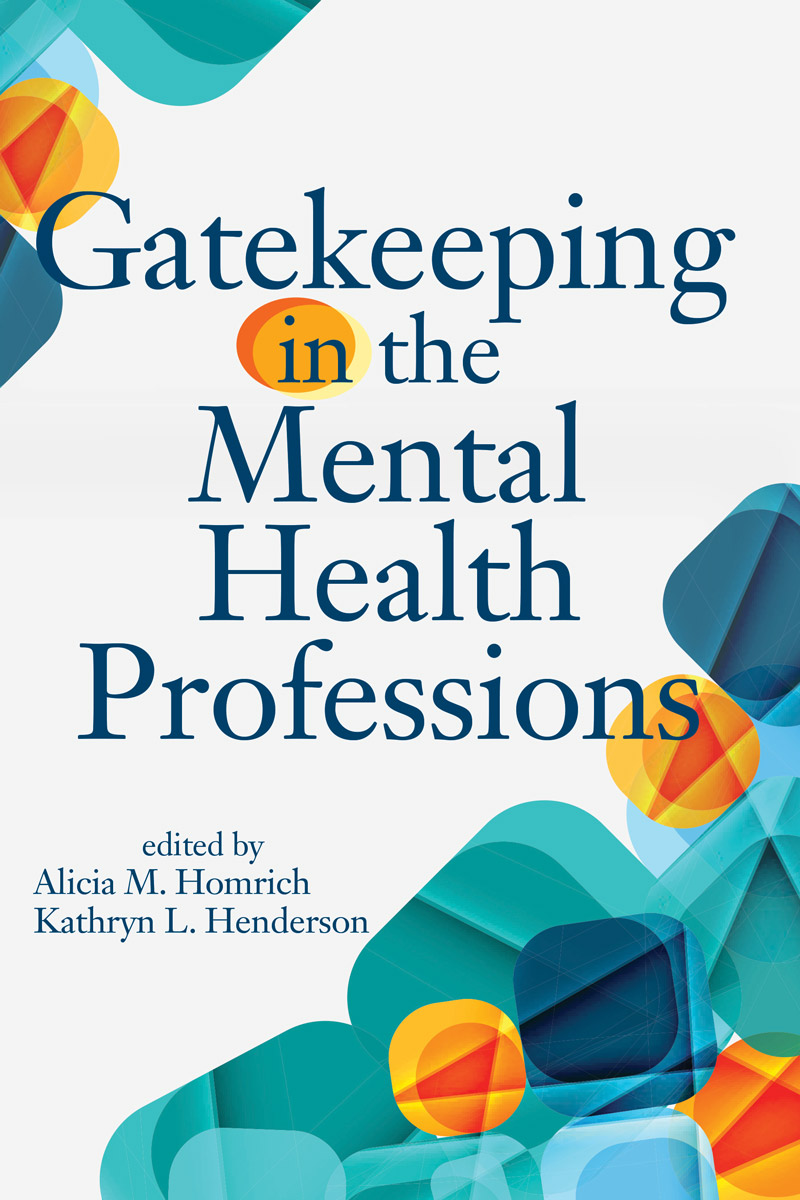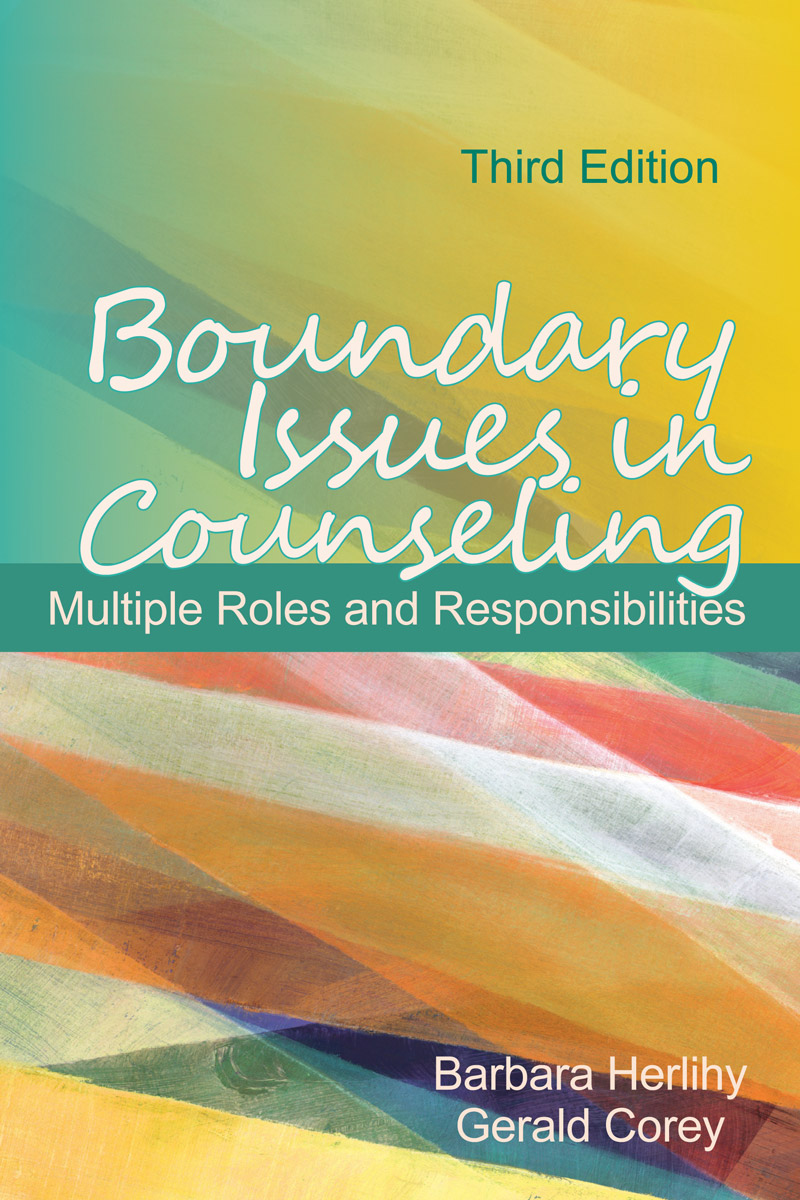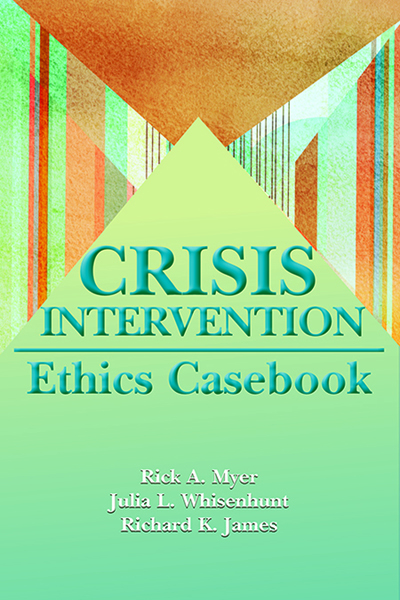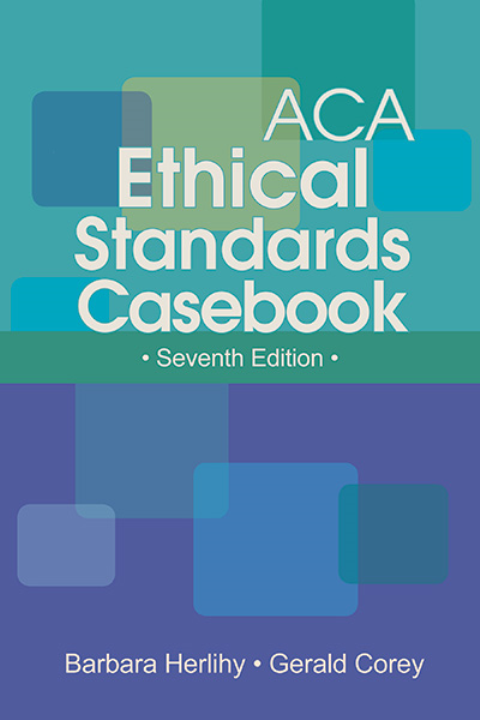Ethics, Legal, Healthcare Regulation & Compliance

The core values behind decision-making in counseling
Related Articles from Counseling Today
Ethical Implications of Open/Concealed Carry in a Clinical Space
Counselors discuss the safety and ethics of having a firearm in session.
How to manage sexualized transference
Stigma, fear and a lack of training cause many counselors to feel unprepared and vulnerable when faced with sexualized transference.
Reducing the occupational hazard of sexual boundary violations
Counselors can decrease their risk for sexual boundary violations, but first they have to talk about it.
By remaining clinically objective, do counselors inadvertently sacrifice the client’s humanity?
Confidentiality comes first: Navigating parent involvement with minor clients
Counselors must strike a balance between maintaining young clients’ confidentiality and accommodating parents who want to be kept in the loop about their child’s progress in therapy.
The unacknowledged stigma of mental illness
Stigma surrounding mental illness may linger as the elephant in the room and negatively affect client outcomes if counselors don’t recognize and address it in session.
Pro bono counseling: How to make it work
Counseling clients for a reduced fee or for free – pro bono – in a private practice setting comes with some ethical caveats.
Fear and anxiety at the ballot box
The U.S. national elections are set to serve as a proxy for the country’s stance on climate change, universal health care, racism, police brutality and democracy. The maelstrom of events that is 2020 has brought everything to the forefront in Technicolor.
Counseling termination and new beginnings
The end of the counseling relationship can be emotional for clients and counselors alike, but when done well, the process can serve as a tool to empower clients and prepare them for continued personal growth.
Counselor self-disclosure: Encouragement or impediment to client growth?
Self-disclosure can establish trust and strengthen the bond between counselor and client, but the trick is knowing when it is (and isn’t) an appropriate tool to use.
Vote Against Anxiety: Managing Election Stress
If this fall’s presidential debates have left you feeling angry or dejected and the thought of finding out election results state by state on the evening of Nov. 8 makes you break out in a cold sweat, you are not alone.
If clients want to return to counseling, or to transition from a therapeutic relationship to a friendship, the right and responsibility to renew or reinvent the relationship should be theirs alone.
Attending to countertransference
The idea of countertransference — the counselor’s unconscious feelings that emerge as a result of working with the client — is most often attributed to Sigmund Freud
Continuing Education on This Topic
Related Publications

Gatekeeping in the Mental Health Professions
Tags: Ethics, Legal, Healthcare Regulation & Compliance, Professional Counseling

Boundary Issues in Counseling, 3rd Edition
Tags: Ethics, Legal, Healthcare Regulation & Compliance, Professional Counseling

Crisis Intervention Ethics Casebook
Tags: Assessment, Diagnosis & Treatment, Ethics, Legal, Healthcare Regulation & Compliance, Treatment & Intervention

Critical Incidents in School Counseling, 3rd Edition
Tags: Career Development, Counseling Specialties & Workplace Settings, Professional Counseling, Risk Management, Supervision

Counselor Education in the 21st Century: Issues and Experience
Tags: Career Development, Ethics, Legal, Healthcare Regulation & Compliance, Licensure, Professional Counseling, Professional Development

The Counselor and the Law: A Guide to Legal and Ethical Practice, 8th Edition
Tags: Ethics, Legal, Healthcare Regulation & Compliance, Professional Counseling

ACA Ethical Standards Casebook, 7th Edition
Tags: Ethics, Legal, Healthcare Regulation & Compliance, Professional Counseling
Explore Topics

2461 Eisenhower Avenue, Suite 300, Alexandria, Va. 22314 | 800-347-6647 | (fax) 800-473-2329
My ACA Join Now Contact Us Privacy Policy Terms of Use © All Rights Reserved.










/depositphotos-69868571-s-2015.jpg?sfvrsn=39c0c39a_4)

